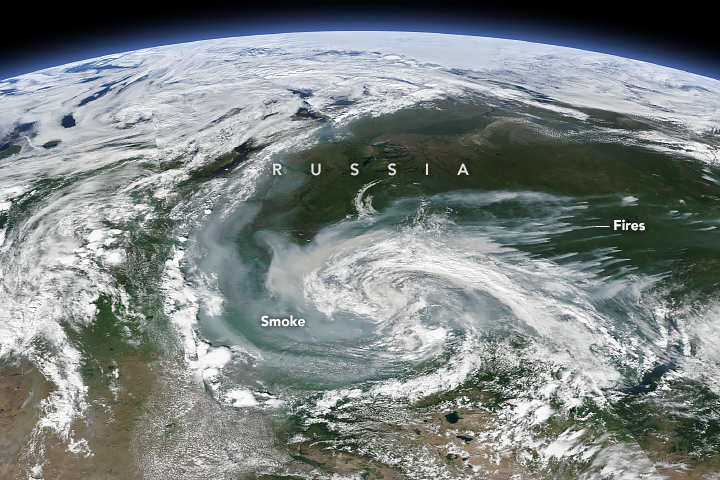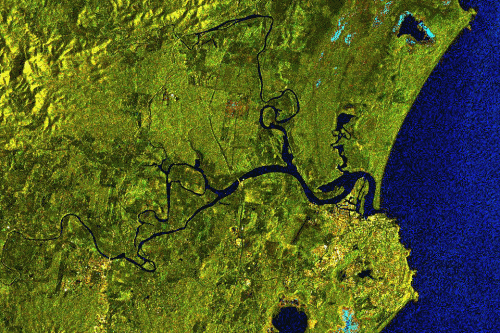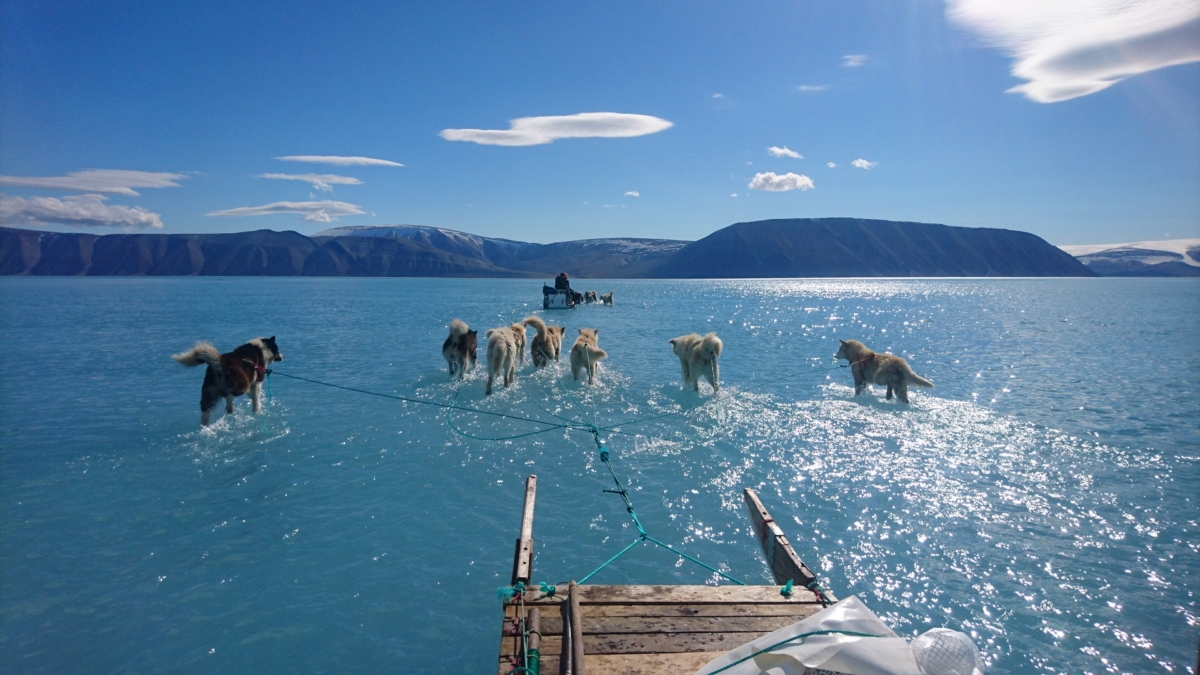What if we stopped pretending? The climate apocalypse is coming. To prepare for it, we need to admit that we can’t prevent it.

By Jonathan Franzen
8 September 2019
(The New Yorker) – “There is infinite hope,” Kafka tells us, “only not for us.” This is a fittingly mystical epigram from a writer whose characters strive for ostensibly reachable goals and, tragically or amusingly, never manage to get any closer to them. But it seems to me, in our rapidly darkening world, that the converse of Kafka’s quip is equally true: There is no hope, except for us. [h/t/ Alexander Ač]
I’m talking, of course, about climate change. The struggle to rein in global carbon emissions and keep the planet from melting down has the feel of Kafka’s fiction. The goal has been clear for thirty years, and despite earnest efforts we’ve made essentially no progress toward reaching it. Today, the scientific evidence verges on irrefutable. If you’re younger than sixty, you have a good chance of witnessing the radical destabilization of life on earth—massive crop failures, apocalyptic fires, imploding economies, epic flooding, hundreds of millions of refugees fleeing regions made uninhabitable by extreme heat or permanent drought. If you’re under thirty, you’re all but guaranteed to witness it.
If you care about the planet, and about the people and animals who live on it, there are two ways to think about this. You can keep on hoping that catastrophe is preventable, and feel ever more frustrated or enraged by the world’s inaction. Or you can accept that disaster is coming, and begin to rethink what it means to have hope.
Call me a pessimist or call me a humanist, but I don’t see human nature fundamentally changing anytime soon. I can run ten thousand scenarios through my model, and in not one of them do I see the two-degree target being met.
Even at this late date, expressions of unrealistic hope continue to abound. Hardly a day seems to pass without my reading that it’s time to “roll up our sleeves” and “save the planet”; that the problem of climate change can be “solved” if we summon the collective will. Although this message was probably still true in 1988, when the science became fully clear, we’ve emitted as much atmospheric carbon in the past thirty years as we did in the previous two centuries of industrialization. The facts have changed, but somehow the message stays the same.
Psychologically, this denial makes sense. Despite the outrageous fact that I’ll soon be dead forever, I live in the present, not the future. Given a choice between an alarming abstraction (death) and the reassuring evidence of my senses (breakfast!), my mind prefers to focus on the latter. The planet, too, is still marvelously intact, still basically normal—seasons changing, another election year coming, new comedies on Netflix—and its impending collapse is even harder to wrap my mind around than death. Other kinds of apocalypse, whether religious or thermonuclear or asteroidal, at least have the binary neatness of dying: one moment the world is there, the next moment it’s gone forever. Climate apocalypse, by contrast, is messy. It will take the form of increasingly severe crises compounding chaotically until civilization begins to fray. Things will get very bad, but maybe not too soon, and maybe not for everyone. Maybe not for me.
Some of the denial, however, is more willful. The evil of the Republican Party’s position on climate science is well known, but denial is entrenched in progressive politics, too, or at least in its rhetoric. The Green New Deal, the blueprint for some of the most substantial proposals put forth on the issue, is still framed as our last chance to avert catastrophe and save the planet, by way of gargantuan renewable-energy projects. Many of the groups that support those proposals deploy the language of “stopping” climate change, or imply that there’s still time to prevent it. Unlike the political right, the left prides itself on listening to climate scientists, who do indeed allow that catastrophe is theoretically avertable. But not everyone seems to be listening carefully. The stress falls on the word theoretically. […]
Call me a pessimist or call me a humanist, but I don’t see human nature fundamentally changing anytime soon. I can run ten thousand scenarios through my model, and in not one of them do I see the two-degree target being met. [more]



“Making New York City a green utopia will not avail if Texans keep pumping oil and driving pickup trucks.” Who is loaning the money to the Texans for the pickups and oil industry expansion? Cheap, easy credit funds the ever increasing CO2 emissions. How much does the average New Yorker fly? This snobbery and hypocrisy is why so few take this issue seriously.